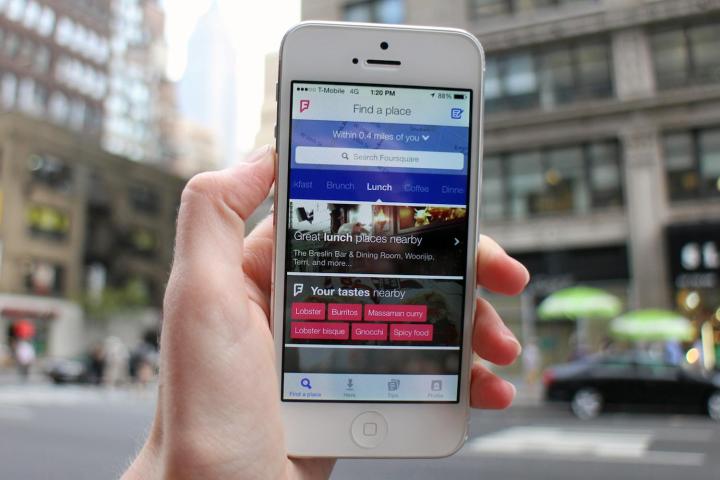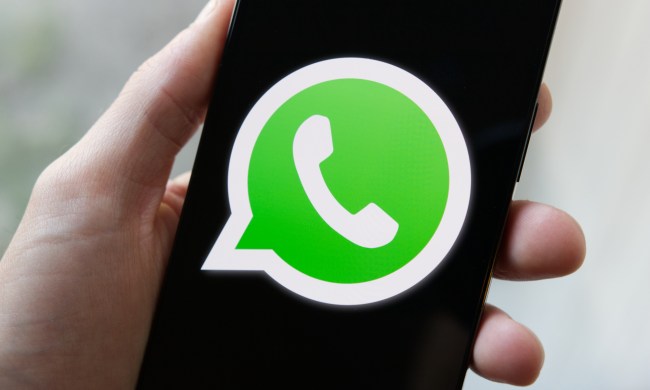
While it may not look a lot like the original Foursquare, founded in 2008 by Dennis Crowley, the goal of Pilgrim remains firmly in line with the app’s goals. As Crowley told Mashable, “We not only build cool things but build tools that help other people build cool things. We knew that someday we would have to build something that was a check-in button you would never have to press, without the person having to open their phone or even do anything.”
In some ways, Pilgrim is just the next phase in Foursquare’s evolution, and leverages what the app does best — know where you are. Any app that makes use of the Pilgrim software development kit (SDK) can now figure out exactly where its users are located (assuming users have their location services turned on). How exact? As Mashable points out, it gets pretty granular, down to which coffee shop you’re doing work in, or what store your’e browsing.
“The lines of code are telling people that the app is inside of a bakery, the app is inside a bar in the Lower East Side. They’ve been to this bar three times,” Crowley said. “We’ve all been building off of GPS for the last 10 years. GPS is just latitude and longitude, but it’s not good as, ‘Are you at the sneaker store?'”
While Foursquare isn’t the only company with this kind of information (tech giants like Google and Facebook have these capabilities as well), Foursquare differentiates itself by its willingness to share.
“It’s one thing to have it and another thing to give everyone the ability to do this. We designed this for people around the world,” Crowley said. “I don’t doubt that Google and Facebook have the ability to do this, but if you talk to a lot of developers, you’ll learn that people don’t want to use the tools that these companies use because Google and Facebook [are] trying to take them out of business.”

